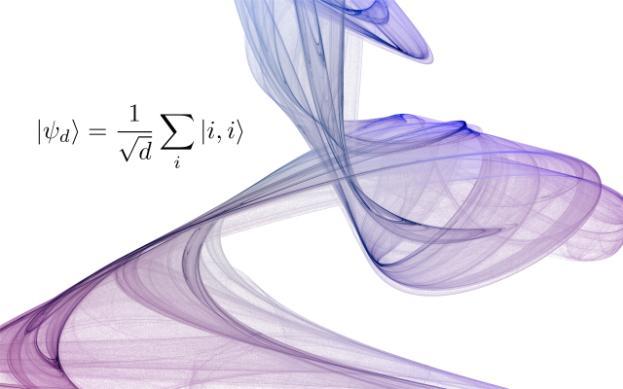Noncommutative harmonic analysis, Quantum groups and Quantum information

Noncommutative harmonic analysis generalises classical harmonic analysis to noncommutative settings. In classical harmonic analysis, functions on measure spaces are studied through their decomposition into simpler functions, often expressed as Fourier series or via Fourier transforms. In the noncommutative context, these principles are extended to spaces where multiplication of functions or operators does not commute. This is crucial in understanding mathematical structures in quantum theory and has applications to geometric group theory, ergodic theory and dynamical systems.
Quantum groups provide a framework for understanding symmetries in quantum theory and play a crucial role in noncommutative geometry. Important examples of quantum groups arise as deformations of universal enveloping algebras of semisimple Lie algebras. The analytic approach to quantum groups yields a far-reaching generalisation of Pontrjagin duality, and offers powerful tools for studying quantum symmetries in various contexts, ranging from representation theory and harmonic analysis up to knot theory and subfactors.
Quantum Information theory is a multidisciplinary field that explores the fundamental principles governing the transmission, processing, and storage of information in quantum systems. Unlike classical information theory, which deals with classical bits, quantum information theory incorporates the principles of quantum mechanics, allowing for the use of quantum bits or qubits. This encompasses quantum cryptography, quantum computing, and quantum communication. Ideas from quantum information theory have recently found applications in functional analysis and operator algebras, most notably in connection with the famous Connes embedding problem.

Researchers
Grants

